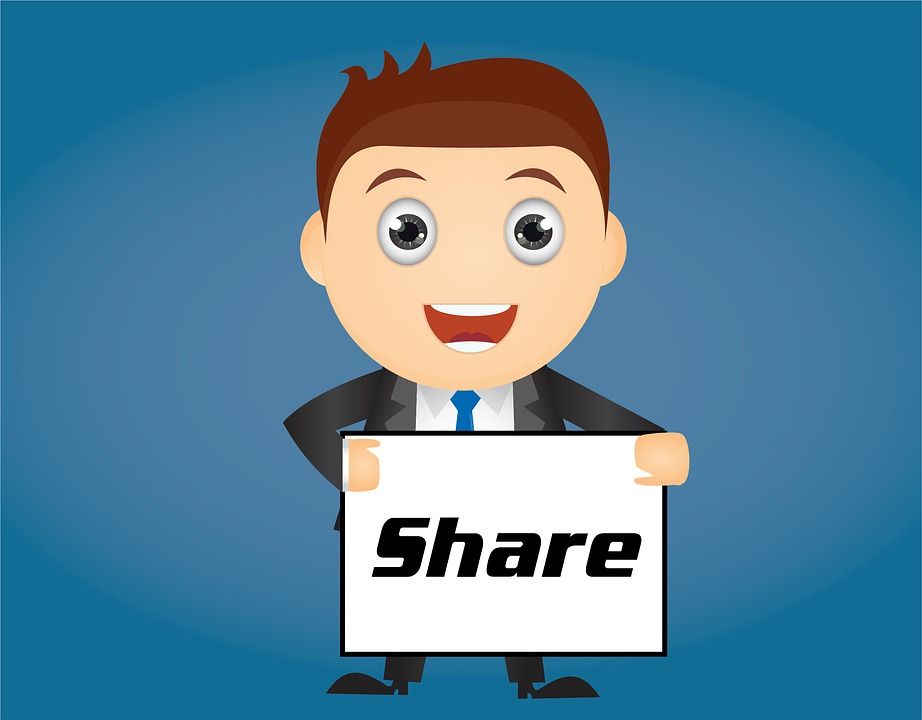Top 8 positive outcomes in the coronavirus pandemic aftermath
Not only do they predict such things without any real basis, but they seem to be taking some strange pleasure in doing knowing that they are inflicting a sense of panic in the mind of the public
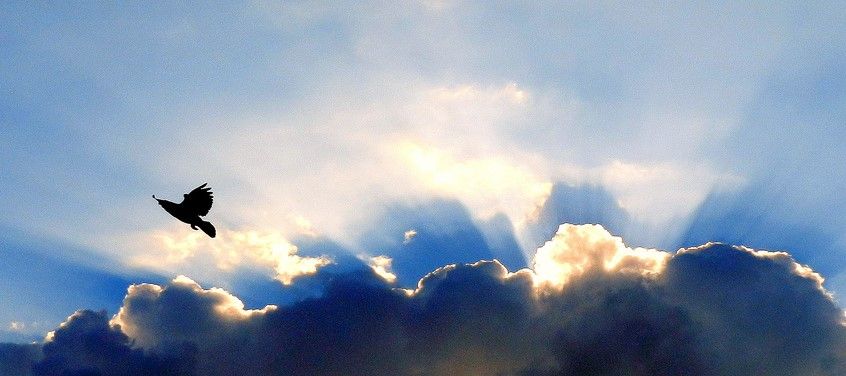
"Too many people miss the silver lining because they're expecting gold." - Maurice Setter
As you all know, maybe too much which is partly the point of this post, we are living though times due to the COVID-19 pandemic. Today I will be trying something different from what you normally see in news articles and social media during these times. But to begin with I want to throw some words at what I think it is truly irresponsible behavior.
Doomsayers Club
Monitoring the online sphere during the last few weeks, I observed something strange: a lot of people sharing on social media or on online forums like Reddit posts that are claiming we are living the early stages of some sort of apocalyptic scenario: be it the coming of World War 3, the collapse of civilization as we know it or something else in that spirit. Not only do they predict such things without any real basis, but they seem to be taking some strange pleasure in doing knowing that they are inflicting a sense of panic in the mind of the public. Even IF, and that is a very big IF, such scenarios would be true, it literally does not help anyone to induce panic and yell in public how we are all doomed. To anyone else thinking of talking about this topic please either come up with solutions to the problems you think you identify or keep your desperation for yourself. The only place for doomsayers is in Heartstone.

Journalism fails us again
I want to put in the same category the journalists who either do not understand how exponential growth works and how pandemics evolve or just want to generate the most click-bait title.
Everyday I see a titles that are either misleading or are meant to induce a sentiment into the reader that is really not warranted by reality.
I will give two example of titles that I see almost every day.
- "The number of new cases has skyrocketed" - this I saw a lot even when the rate of increase in new cases, percentage wise, has kept the same for a couple of days or even decreased which is one of the main things to look at rather than absolute numbers.
- "Scary new number of deaths today: 1000". Regarding this one, let us put things into perspective a little:
- At the time of this writing there have been reported 65 000 deaths worldwide due to COVID-19 in the approximately 3 months since this crisis started.
- In the first 10 hours of this day it is estimated that 65 000 deaths have taken place in the world for various reasons. So in 10 hours you have as many deaths as due to the coronavirus in 3 months and yet no one is putting scary titles about that.
- Since the beginning of the year it is estimated around 15 000 000 people have passed away in total. If we make some quick maths, the total number of deaths attributed to COVID-19 out of all deaths this year is only 0.5%. You read that right: 0.5% of deaths are categorised as "scary" while the big majority of 99.5% are mostly ignored.
Looking at the examples above I hope you understand why the scary and panic inducing titles I see from journalists every day make me angry. All I have to say to them is "Shame!" since they are not only not bringing any positive contribution to the table, but they bring a lot of negativity.
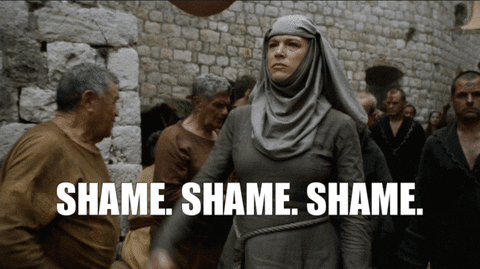
Do not get me wrong, I am not downplaying the issue and it is good governments all over the world have taken measures so these numbers do not become indeed scary, I am just saying that if we take things into perspective a bit, so far, they are not so bad as you would be led to believe if you watch certain TV programmes or read some articles.
Putting some positive light into all this mess
Today I want to do the opposite of what I mentioned above. I will compile a list of possible positive outcomes that could come as a result of this pandemic. Maybe some can be called only wishful thinking, but someone has to think it befor it can become reality.
Before I begin I want to be clear, I am not dismissing all the negative impact this situation has had over the world from not only a public health perspective(both physical and psychological), but also from an economic one. The purpose is to contra balance the kind of people I mentioned in the intro.
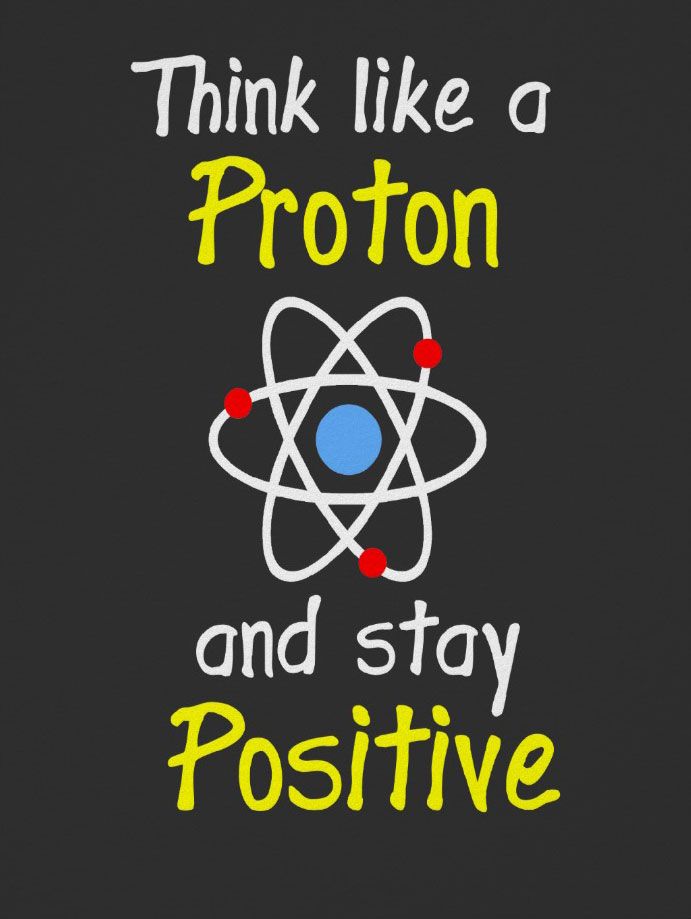
Better personal hygiene
"Wash your hands thoroughly when coming from outside!", "Sneeze or cough on your elbow or in a tissue, not in the air!", these have been common advice that most of us received since we were little kids, but few actually pursued them thoroughly. Now people started to take them seriously and with the pandemic set to still loom over the world for probably at least a couple of months more, this period may be long enough that these personal hygiene actions will become a habit that will improve all of our health outcomes for the future.
Prepared for the next pandemic.
COVID-19 has shown that the world is not prepared for an epidemic of this scale and a lot of quick decisions and improvisation had to be done to maintain the virus under control while also making sure people can still survive in isolation. Since this situation affected everyone, including the rich who's profits are dwindling a lot during this time, most likely the world leaders will(either at their own initiative or under the pressure of their big sponsors) take precautions and have in hand the proper protocols and resources to deal with the next pandemic which will inevitably come at some point.
Anti-vaxxers will be less mainstream
Most anti-vaxxers, at least the moderate ones, consider vaccines too high of a risk because they never saw the damage the illnesses they are meant to protect us from can do.
Now with the whole world witnessing how much global health and economic damage can the absence of only one vaccine do, most likely a lot of the anti-vaxx movement will lose its steam and some of its members will turn their back to their pseudoscience and start vaccinating. Also there is a hope that a lot of the non mandatory vaccines(i.e. the seasonal flu vaccine) will have an uptake in being taken by the general population.
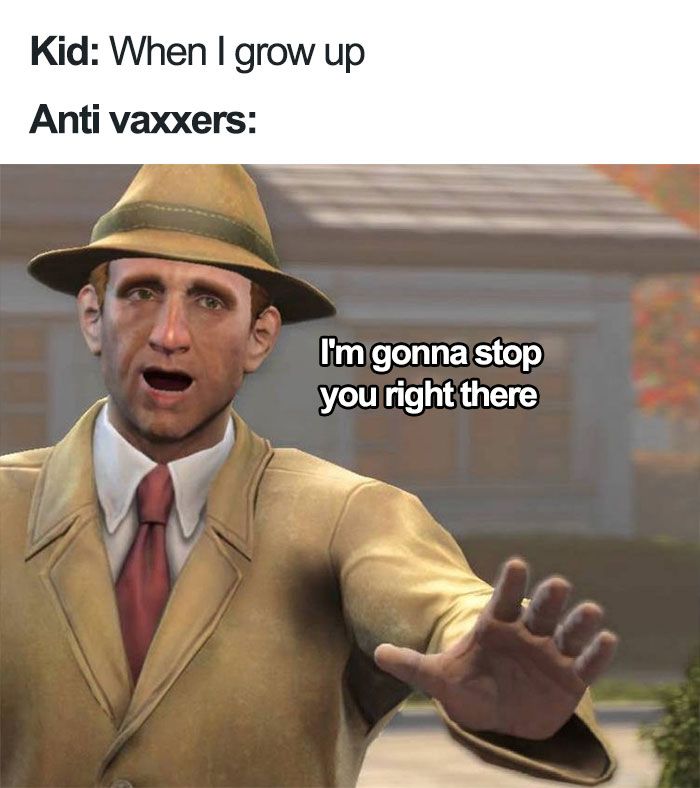
More relaxed WFH policies
The current situation has forced organizations to widen the range of what activities can be performed by their employees from home in order to maintain operations online as much as possible. If this forced experiment proves to be successful, then it may change the norm that all work has to be done from the workplace office if possible otherwise. This change could result in benefits for both the employee and the employer:
- The employee saves on commute time, time which he can spend on learning something new, taking a hobby or spending time with his friends or family. Also the working hours would be more flexible allowing him to take care of some chores during the day and working more in the evening.
- For employers, it would allow them to transform their local pool of candidates to a global pool. Also with less employees working from the office, less office space would be required which would reduce expenses with rent being quite high in the hot areas of most big cities.
- As an extra benefit, less commuters will mean less traffic which means less pollution from which the environment will surely benefit.
Of course this is not possible for everyone and some may just prefer to work from an office, so working from the company office cannot be fully removed, but at least maybe WFH or work outside of the office will become an option in places that traditionally did not even consider it.
Animals adopted
With people suffering from loneliness during these times of isolation, there have been reports of a big uptake in animal adoption from shelters. That is great not only for the animals that are saved from possible euthanasia, but also there are proven health benefits that come as a result of owning a pet. The only downside of this situation is the risk that once people go back to their normal lives they may discover they do not have that much time anymore to commit to their newly adopted pets. Hopefully, with still no end in sight of the isolation period, there will be enough time for the owners and pets to form an inseparable relationship.

Universal basic income
There are a lot of jobs that cannot be performed from home. As a result a lot of people lost their jobs or their activity has been indefinitely suspended, loosing their source of income. Governments have promoted some measures to assure some relief for people in this situation(probably not enough for a lot) like suspending mortgage payments, paying a percent of salaries for employees whose companies revenue was affected or even sending direct payments into the account of people who qualify. These measures have given new boost to the idea of Universal Basic Income which has been in the public debate for some time.
The idea is that if we as a society can survive and even prosper without the need of everyone working because of the various technological advancements, then we can afford to pay a basic amount to allow everyone to live decently regardless of what path they pursue in life. This would allow people to spend their time exploring their interests and maybe preparing for occupations that cannot still be automated (i.e. physics researcher). This is not possible these days for a lot of people: for example if you are born into a poor family you will have to start working menial jobs from a young age and will probably not have an opportunity(or at least it would be quite hard) to go into higher education or take a career which requires a lot of upfront education(doctor, lawyer etc). Of course there is also a lot of criticism on the idea of universal income that has to be taken into consideration, but as with the WFH norm, this crisis may change the status quo at least by a little bit.
Less focus on fast massive growth and more on sustainable growth
Another thing that has been exposed during this pandemic is the amount of unsustainable business practices that a lot of corporations have been doing that have now left them exposed during crisis time(i.e. massive stock buybacks, burning all available money with the hope of some future profit). Unless governments will completely bail out all these bad actors, companies will hopefully start thinking of more sustainable growth strategies that will have them covered even during a rainy day.
Less divide, more empathy
Polarization has been skyrocketing in the last decade so one of the hopes is that COVID-19 will act as a global common enemy that will make people stand together rather than fighting over different ideological issues. This is similar to the great mobilization that happened with the populations of the countries involved in the great wars of the past. We can already see some signs of that with multiple home owners reducing the rent for affected tenants, multiple ad hoc organizations offering to do the shopping for people part of vulnerable groups (i.e. the elderly) and companies offering to produce medical equipment and supplies for hospitals. One can only hope this behavior keeps going even when humanity surpasses this crisis.
Share your thoughts!
Those are some of the main positive ideas I identified. If you make an effort to forget for a moment all the negativity that surrounds us, what silver linings can you see from this all situation?
